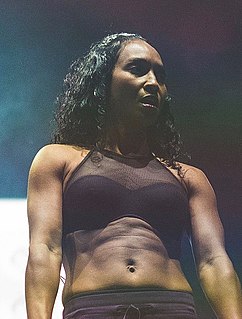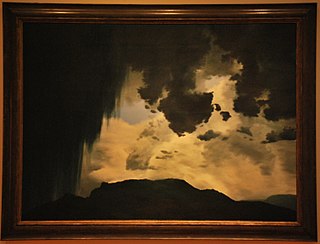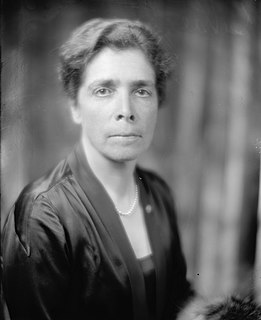A Quote by Nawal El Saadawi
People like [Memoirs of a Woman Doctor], whether young people, young women, even critics - male critics - they were not shocked by it. Of course, some parts were cut.
Related Quotes
The parts in which I elaborated on the sexual life of the doctor herself, the personal life, her relation with men [in Memoirs of a Woman Doctor]. All this. They left only some very, very minute parts. And also the political, the political element in it. So in a way, they cut pieces that to my mind were very important.
It just struck me as really odd that there were all of these conversations going on about what young women were up to. Were young women having too much sex? Were young women politically apathetic? Are young women socially engaged or not? And whenever these conversations were happening, they were mostly happening by older women and by older feminists. And maybe there would be a younger woman quoted every once in a while, but we weren't really a central part of that conversation. We weren't really being allowed to speak on our own behalf.
I specially want to have young women not to wait as I did until my children were grown, but young women to come in to gain their seniority so they could be respected leaders at a much earlier age. It's important for all women to see young women who share their experience whether it's as a working mom with young children, who understands the struggle and the aspirations of young women in a similar situation. And if they don't have family and they're pursuing their career women should see that as well.
There were internal critics, sharp critics, who were very opposed to [Malcolm X], and who were very - some of them were members of Elijah Mohammad's family, such as Herbert Mohammad, Raymond Shareef, who was the head of the Fruit of Islam, the brother-in-law of - the son-in-law of Elijah Mohammad. They isolated Malcolm X and kept him out of the newspaper of the organization Mohammad Speaks for over a year, which is kind of curious.
Not long ago, women in Afghanistan were required by Taliban leadership to be covered nearly head-to-toe and were barely allowed to leave the home; that young Afghan women today are not only accessing an education but are able to meet young people from around the world and cheer on a robot of their own making is something beautiful.
The thing about a music career is that it ain't over until the fat lady sings. Look at all the times people threw in the towel on Dylan - or Neil Young. Remember when Young was doing things in the '80s like 'Trans' and the rockabilly album and being completely lambasted by critics who now think he is wonderful again?
There was danger at times that women might not be judged by the highest standards, but more leniently because of their sex. "She is a remarkably good chemist--for a woman," you might hear a man say. It seemed to me essential, if the ablest young women scholars were to achieve the best work of which they were capable, that they should be held to the most rigorous standards. ...To advance, a woman must do at least as good work as her male colleagues, usually better.





































